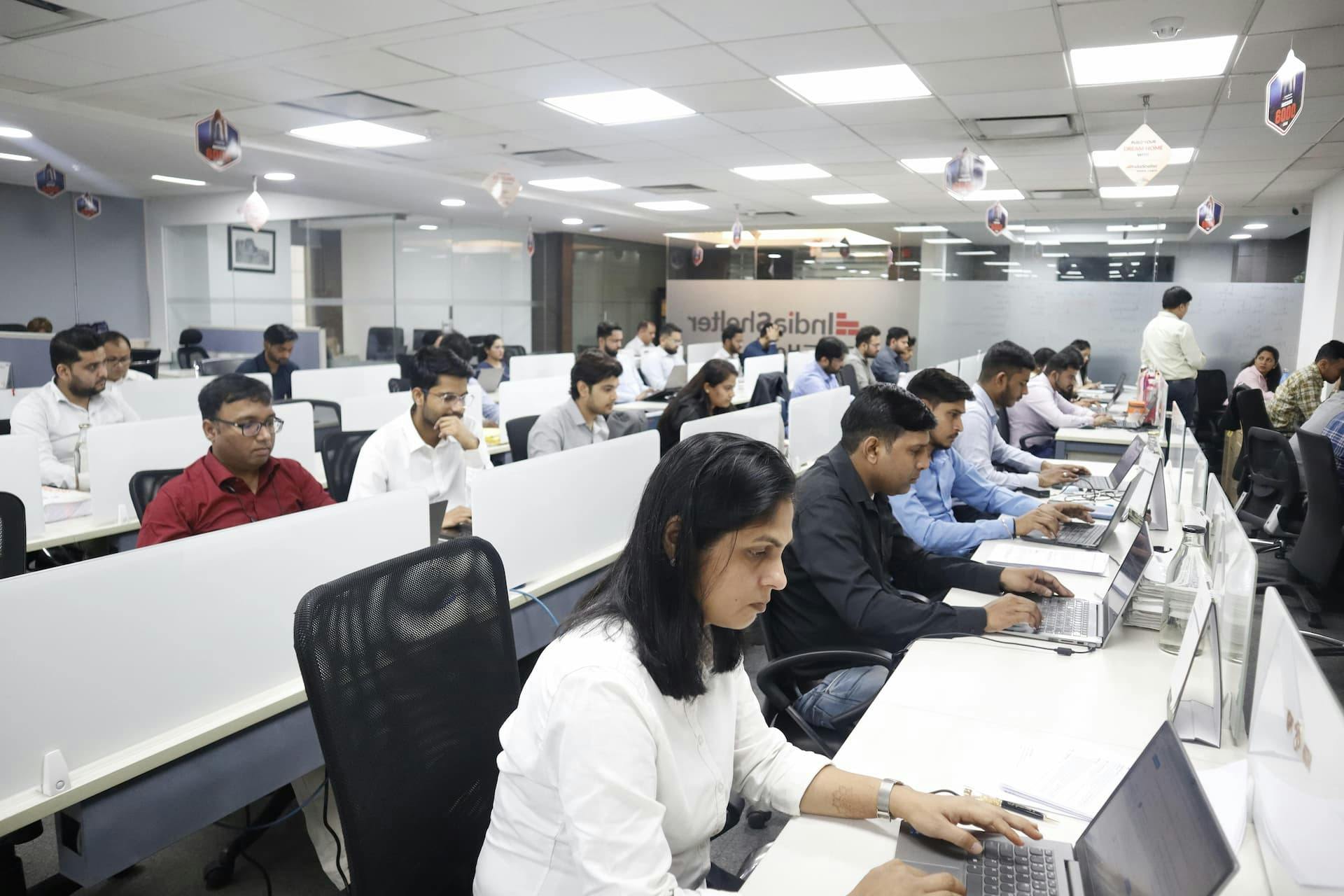Are You Losing Money? Hidden Tax Deductions Most People Miss

Published on :2025-02-20
Every year, as the tax season approaches, you may rush to file your ITR (income tax returns) on time, right? But, before you file your taxes, it is paramount that you leverage the tax benefits and maximise your income.
The Income Tax Act of 1961 offers several deductions and exemptions on investments, savings, expenses, etc., allowing you to reduce your overall annual tax liability. From the standard deductions available under Section 80C to lesser-known provisions, there are different ways that you can avoid losing money by paying excessive taxes.
In this guide, we explore a few hidden tax deductions that most people miss. You can take advantage of these deductions (as applicable) while filing your ITR to reduce your tax liability and maximise your savings.
Contribution to NPS
If you invest in NPS (National Pension System), you can claim tax benefits under Section 80CCD (1), with an overall cap of Rs. 1.5 Lakh. However, you may not know that you can claim an additional deduction of Rs. 50,000 under Section 80CCD (1B) of the Income Tax Act, provided you contribute an additional amount to the NPS.
Medical bills of uninsured parents
This is another hidden tax deduction that most people miss to take advantage of. As a taxpayer, if your parents are senior citizens (aged over 60 years) who are not covered under any insurance policy but took medical treatment, then you can claim a deduction on their medical expenses up to Rs. 50,000 under Section 80D of the IT Act.
Rent paid
If you don’t have an HRA (housing rent allowance) component in your CTC (cost to company), and you pay housing rent, you can claim a deduction on the amount under Section 80GG. The maximum limit is capped at Rs. 60,000.
Wedding gift
In India, a wedding is a huge occasion. As a bride or groom, you may receive several gifts from your loved ones. It could be in the form of cash, cheque or in kind. Such gifts are exempt from tax under Section 56 (2) of the IT Act. So, while filing your ITR, you can claim tax benefits for the gifts received on your wedding day from friends and relatives.
Donation or charity
You can claim a deduction on your philanthropic activities. Depending on the purpose, some of the donations or charity work you do may be eligible for a 100% tax deduction, while you can claim a 50% deduction on others. However, you must keep in mind that only donations made in cash or cheque are eligible for deductions.
Interest earned on savings bank account
As per the existing tax laws in India, the interest earned on your savings bank account deposit is taxable income, and you must include the same in your ITR. However, you can claim a deduction of up to Rs. 10,000 under Section 80TTA of the Indian Income Tax Act. This deduction is available for taxpayers who are not senior citizens.
Parents’ health insurance
Under Section 80D of the Indian Income Tax Act, 1961, as a taxpayer, you can claim a deduction of up to Rs. 25,000 on the premium you pay for yourself and your family. If you also pay the premium for the health insurance policy of your parents, who are aged less than 60 years, then you become eligible to claim additional tax benefits of up to Rs. 25,000 under Section 80D. And, if your parents are senior citizens, then you can claim tax benefits of up to Rs. 50,000.
The tax benefits on health insurance premiums paid for your parents’ policy are also covered under new regime deductions.
Internet and telephone expenses
As per Rule 3(7)(ix), the telephone reimbursement provided to employees is not taxable. So, if your office work makes it necessary for you to use a mobile or internet connection, then you are entitled to get a full exemption of the billed cost.
Invest through parents
The tax laws in India allow senior citizens to enjoy special tax benefits. So, as a prudent investor looking for ways to reduce your tax burden, you can re-route the revenue earned from investments to your parents.
For example, if you earn Rs. 1 Lakh in interest, instead of including it in your taxable income for the said year, you can transfer the money to your parents and enjoy tax benefits. You can gift this money to your parents using a gift deed or make investments in their name.
Your parents can then reinvest this amount in various lucrative specialised senior-citizen schemes, such as senior citizen FD (fixed deposits), senior citizens savings scheme (SCSS), etc.
Conclusion
Tax saving is an important aspect of annual financial planning. The tax laws offer plenty of opportunities to reduce your annual tax burden. As a taxpayer, you must be aware of the various tax-saving opportunities available to you and leverage them.
In the financial world, they say, ‘a penny saved is a penny earned.’ So, each Rupee you save on taxes is your earnings. So, take advantage of these lesser-known tax benefits and reduce your annual tax burden.
You can also save a lot of money on your home loan interest payment by choosing the best lender, like India Shelter, that offers home loan solutions at affordable interest rates and flexible repayment terms. Also, the easy online application and quick approval process ensure that you have a hassle-free borrowing experience.
Related Blogs

2025-04-14
Surprising Budget Changes That Will Impact Your Wallet
Explore major budget shifts affecting savings, loans, and expenses. Stay ahead with insights on financial changes that could impact your wallet this year.

2025-04-14
Online vs. Offline Loan Applications: Which is Faster and Easier?
Discover the key differences between online and offline loan applications. Learn about their benefits, processes, and choose the right option for your needs.

2025-04-10
Common Tax Filing Mistakes That Could Cost You a Fortune
Learn about common tax filing mistakes that can cost you money. Avoid errors, maximize deductions, and ensure a smooth tax filing process with these tips.
Disclaimer: *By contacting IndiaShelter on Toll Free/WhatsApp/Website or any other mode, you authorize our representatives to reach out to you through personal communication via SMS, WhatsApp and phone calls regarding our services. This consent will supersede any registration for any Do Not Call (DNC) / National Do Not Call (NDNC).
© India Shelter Finance Corporation 2024 | All rights reserved
Design with byCyberworx





